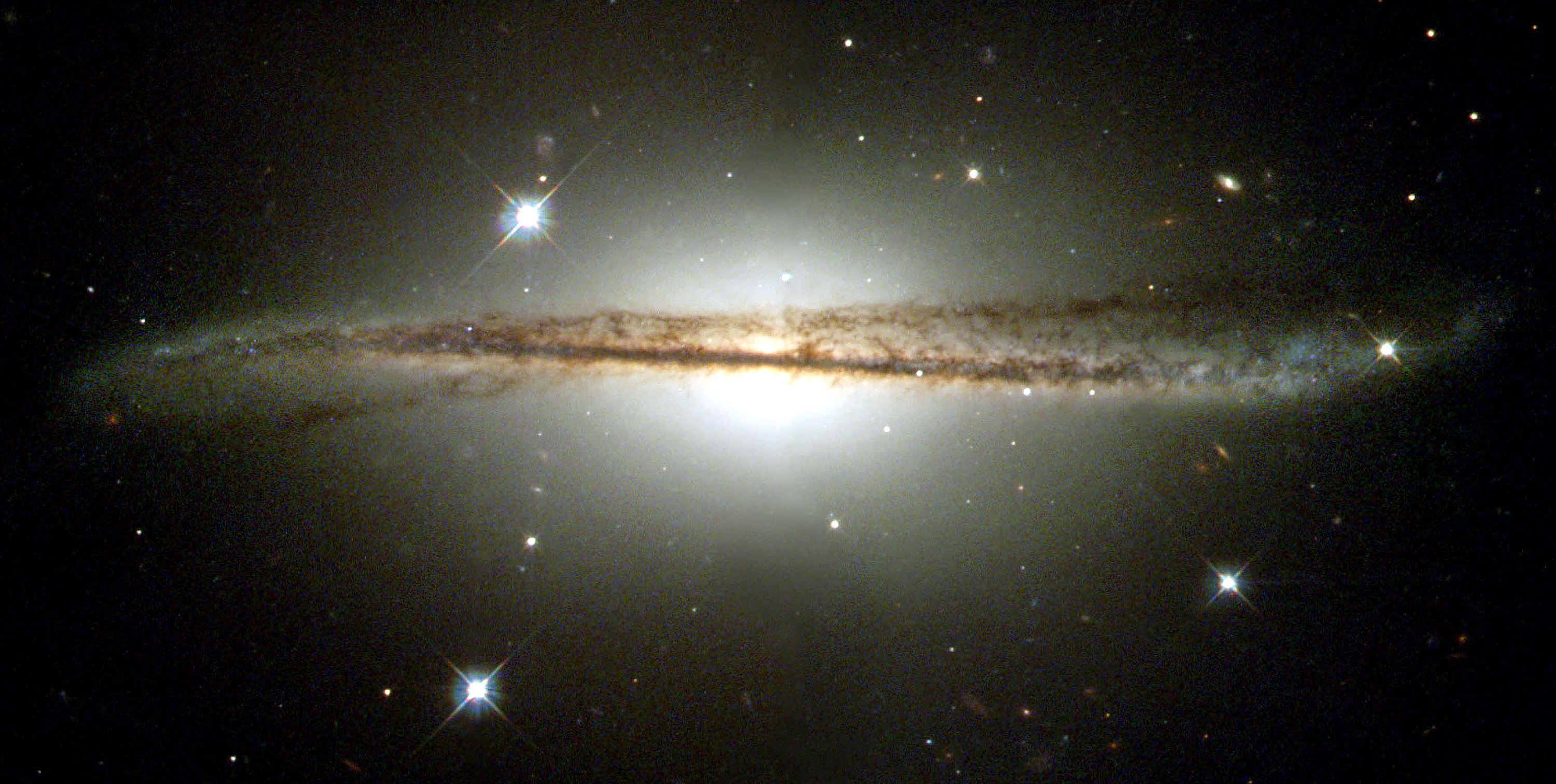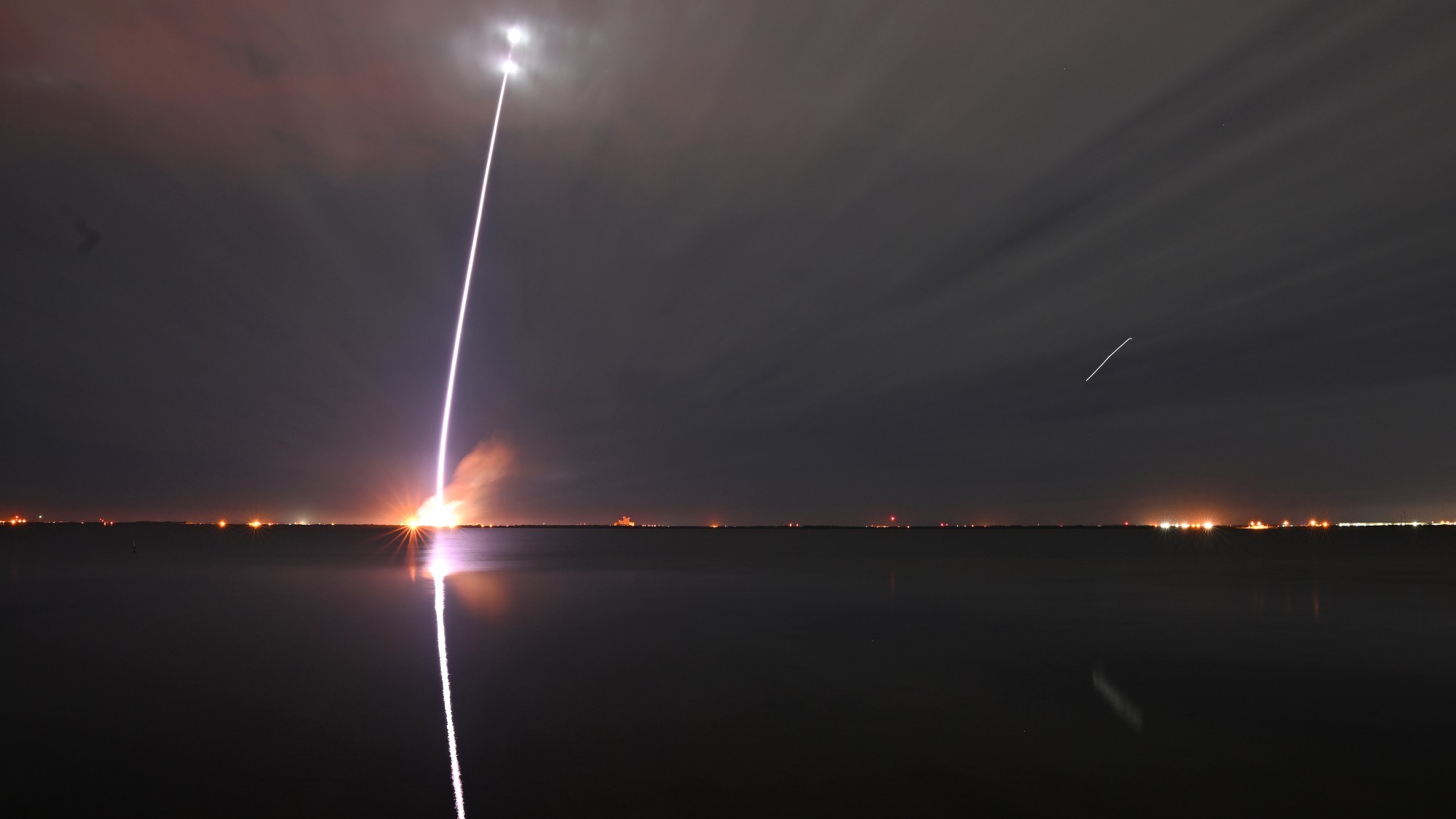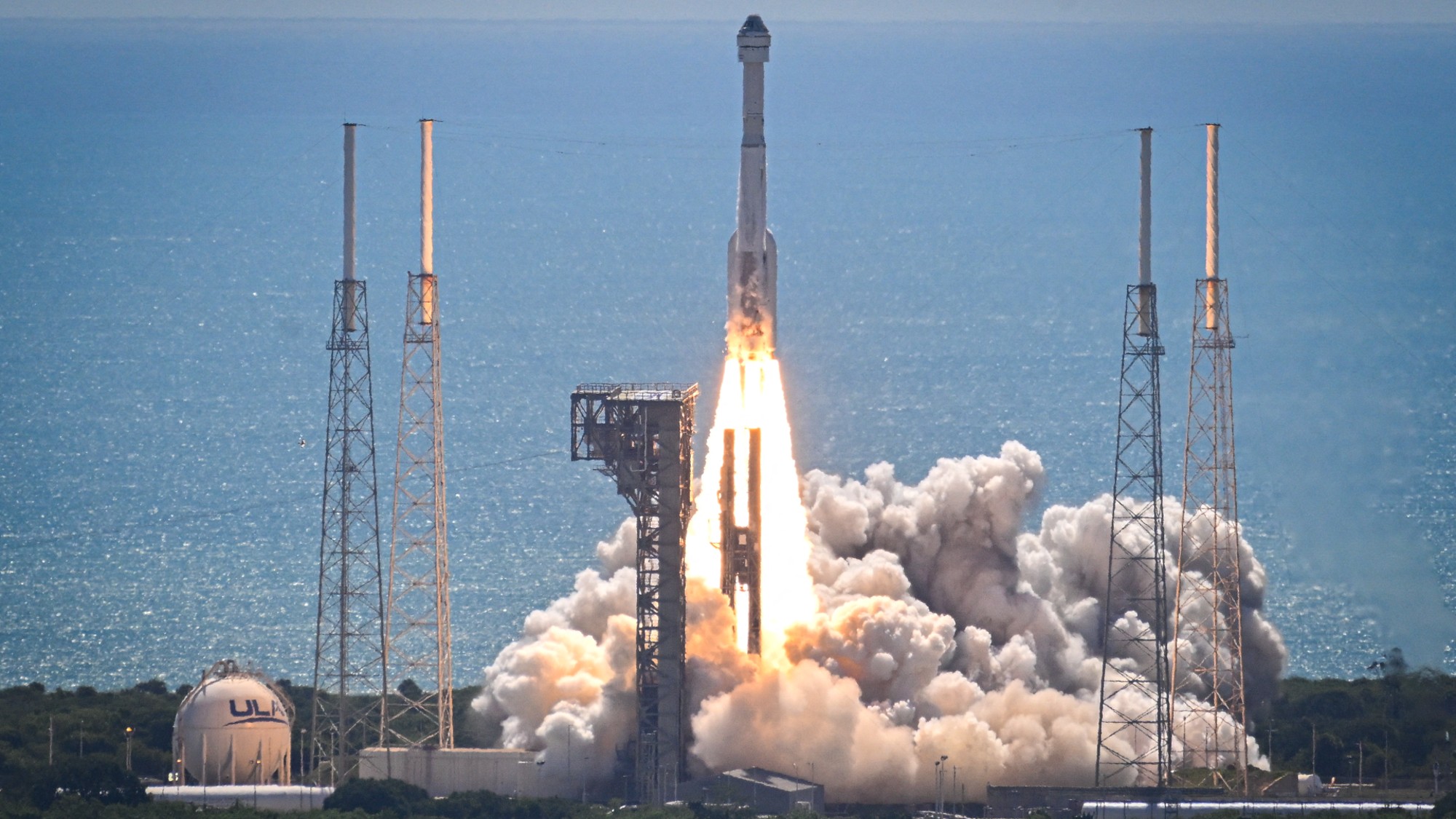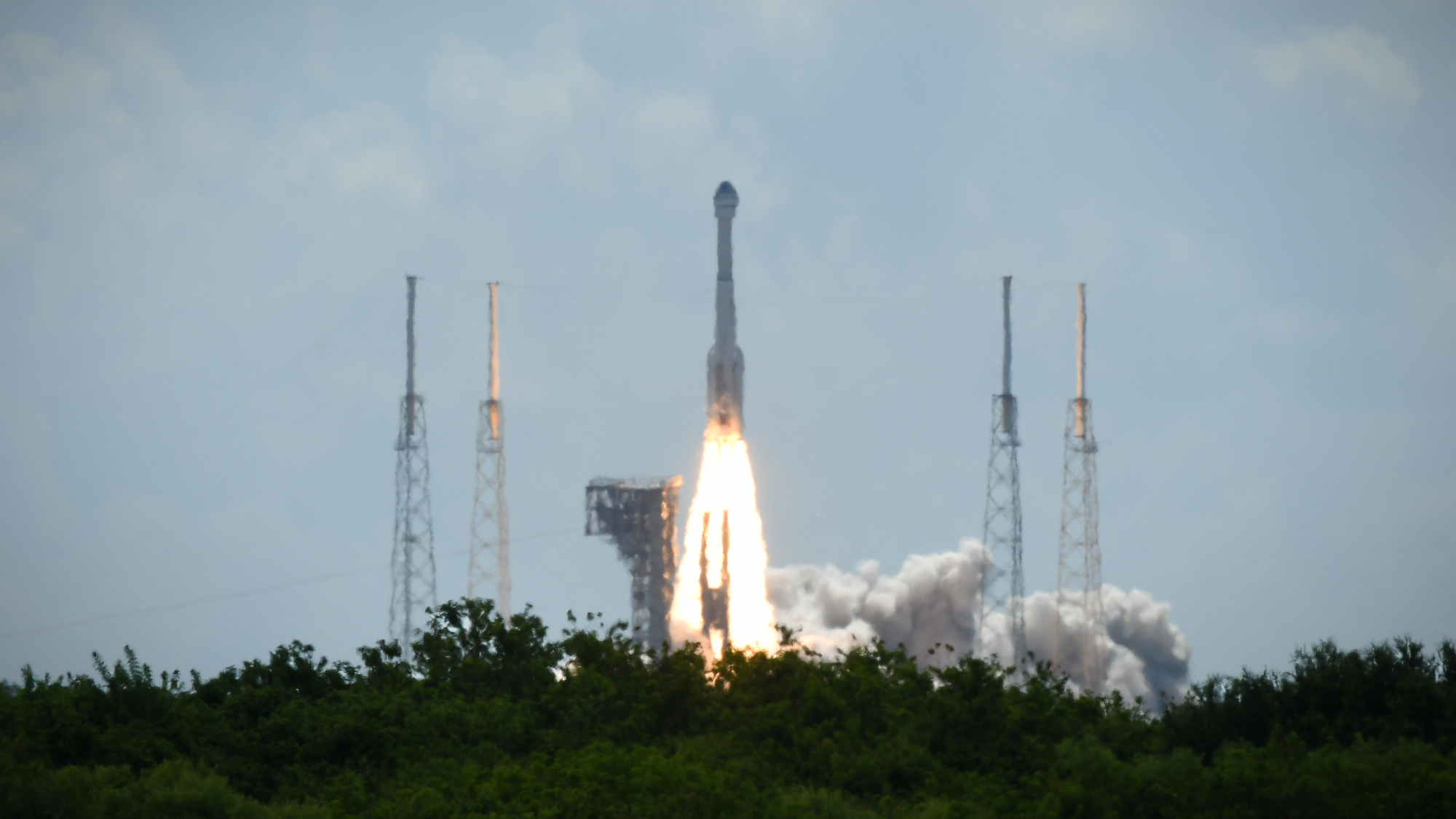Astronomers identify oldest galaxies in the universe
Two clusters of star systems may have formed during the cosmic dark ages

A free daily email with the biggest news stories of the day – and the best features from TheWeek.com
You are now subscribed
Your newsletter sign-up was successful
Some of the earliest galaxies in the universe are closer and older than was first thought in what scientists are describing as a breakthrough discovery.
Astronomers from Durham University’s Institute for Computational Cosmology have uncovered two clusters of galaxies on the fringes of our own galaxy – the Milky Way – that are thought to be around 13 billion years old, Sky News reports.
The team of astronomers, along with scientists from the Massachusetts-based Harvard-Smithsonian Center for Astrophysics, have likened the discovery to finding “the remains of the first humans that inhabited the Earth”.
The Week
Escape your echo chamber. Get the facts behind the news, plus analysis from multiple perspectives.

Sign up for The Week's Free Newsletters
From our morning news briefing to a weekly Good News Newsletter, get the best of The Week delivered directly to your inbox.
From our morning news briefing to a weekly Good News Newsletter, get the best of The Week delivered directly to your inbox.
According to the BBC, the first cluster of galaxies appear to have formed during a period that scientists call the “cosmic dark ages”. This period occurred around 380,000 years after the Big Bang happened and lasted roughly 100 million years.
The second, meanwhile, contains “slightly brighter” galaxies than the first, which suggests it was formed “hundreds of millions of years” later, the BBC reports.
Prior to the discovery, researchers had developed a model that predicted how the first galaxies were formed in the universe, the Daily Mail says.
What’s remarkable, though, is that the model matches “perfectly” the data gathered from locating the two galaxy clusters, the paper adds.
A free daily email with the biggest news stories of the day – and the best features from TheWeek.com
Dr Sownak Bose, a researcher at the Harvard-Smithsonian Center for Astrophysics, said the discovery wouldn’t have been possible a decade ago. Ten years ago older theoretical models weren’t capable of identifying the faintest galaxies in the nearby vicinity of the Milky Way.
But the “increasing sensitivity” of models used to predict the locations of galaxies means a “new trove” of tiny star systems are now waiting to be investigated, he said.
-
 Switzerland could vote to cap its population
Switzerland could vote to cap its populationUnder the Radar Swiss People’s Party proposes referendum on radical anti-immigration measure to limit residents to 10 million
-
 Political cartoons for February 15
Political cartoons for February 15Cartoons Sunday's political cartoons include political ventriloquism, Europe in the middle, and more
-
 The broken water companies failing England and Wales
The broken water companies failing England and WalesExplainer With rising bills, deteriorating river health and a lack of investment, regulators face an uphill battle to stabilise the industry
-
 Data centers could soon be orbiting in space
Data centers could soon be orbiting in spaceUnder the radar The AI revolution is going cosmic
-
 Another Starship blast sets back Musk's Mars hopes
Another Starship blast sets back Musk's Mars hopesSpeed Read Nobody was killed in the explosion, which occurred in south Texas
-
 Test flight of orbital rocket from Europe explodes
Test flight of orbital rocket from Europe explodesSpeed Read Isar Aerospace conducted the first test flight of the Spectrum orbital rocket, which crashed after takeoff
-
 Jeff Bezos, Elon Musk and the billionaire space race
Jeff Bezos, Elon Musk and the billionaire space raceThe Explainer Tesla CEO and Amazon founder vie for dominance of satellite launch market and could influence Nasa plans to return to Moon
-
 Starliner: What went wrong?
Starliner: What went wrong?Today's Big Question Boeing spacecraft has had a 'long, difficult road'
-
 Boeing, SpaceX successfully test key rockets
Boeing, SpaceX successfully test key rocketsSpeed Read Boeing’s Starliner docked at the ISS and SpaceX completed its fourth test launch of its Starship spacecraft
-
 Nasa reveals first findings from asteroid that could explain origins of life
Nasa reveals first findings from asteroid that could explain origins of lifeSpeed Read Sample from Bennu has been found to contain an abundance of water and carbon
-
 How worried we should be about space debris
How worried we should be about space debrisfeature As part of a rocket washes up in Australia scientists warn ‘critical mass’ of orbital junk could only be decades away